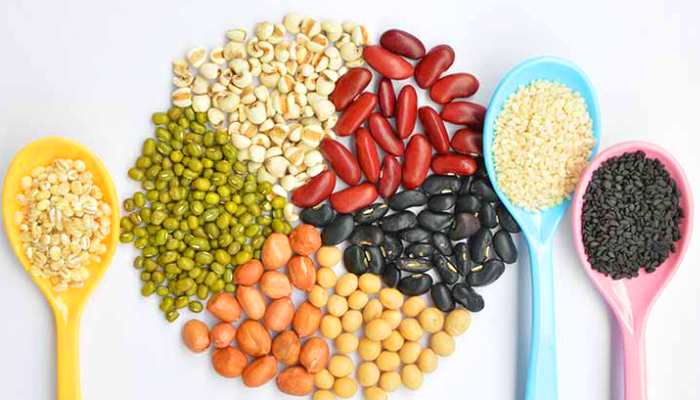The humble pulse has a powerful impact on human health. Yet pulses’ extensive benefits are not widely known. These seeds are packed full of minerals, vitamins, and nutrients. Pulses also pack a sustainable punch, playing a vital role in global food security.
Pulses are a great source of nutrients
First, what are pulses? Pulses are edible seeds of leguminous plants (legumes). Pulses grow in a pod, and common varieties include chickpeas, lentils, dry peas and beans. These seeds provide a tasty and cheap source of a variety of nutrients.
Pulses are a significant source of vitamins and minerals, such as zinc, folate, and magnesium. Beans, such as soya and edamame, are also an excellent plant-based source of iron. Iron is an essential nutrient in our diet; it’s crucial in making red blood cells, which carry oxygen around the body. A lack of iron can lead to iron-deficiency anaemia. Furthermore, pulses are high in dietary fibre and have a low glycaemic index. These benefits make pulses a beneficial aid in maintaining blood glucose and insulin levels. High-fibre foods are also more filling than processed, low-fibre foods.
Additionally, pulses are a fantastic plant-based source of protein. Protein is generally sourced in our diets from meat, fish, or dairy products. For those on a vegan or vegetarian diet, adding a plant-based source of protein is particularly important. But pulses are also a great staple in the diets of meat-eaters. By adding pulses to mince, soups, and casseroles, you can enhance the texture and flavour of meals. By using less meat, you can make meals cheaper and higher in fibre.
Pulses play an important role in gut health
What is dietary fibre? Dietary fibre refers to the parts of plant-based foods your body can’t digest or absorb. Fibre is key to keeping our digestive system healthy. There are two types of dietary fibre; soluble and insoluble. Soluble fibre supports regular bowel movements by drawing water in the gut, whilst insoluble fibre adds bulk and encourages the movement of material through the digestive system.

